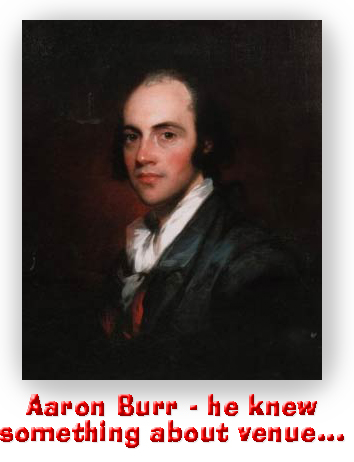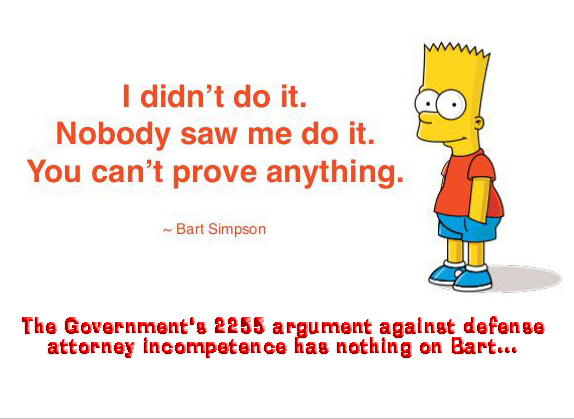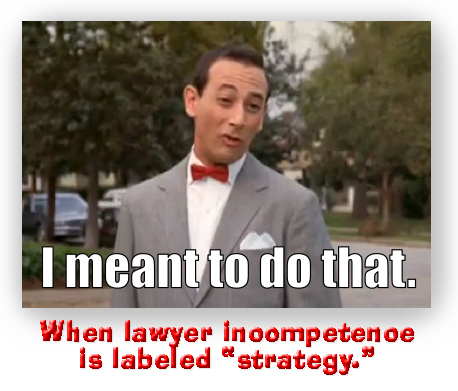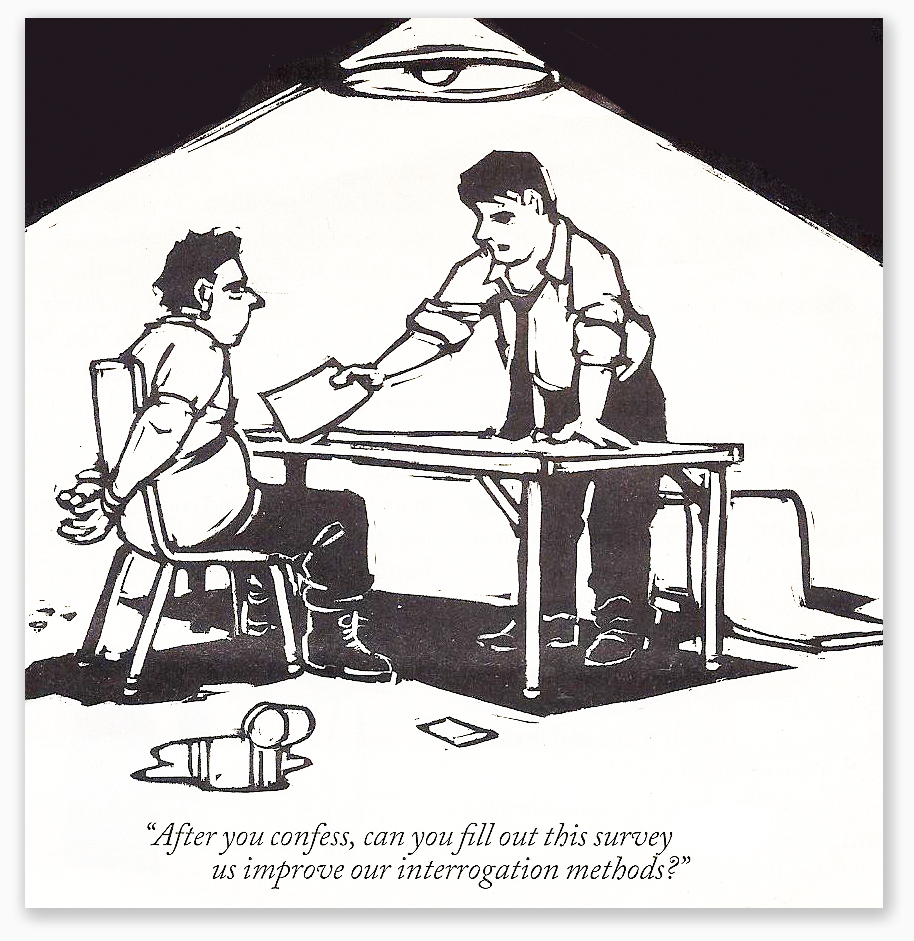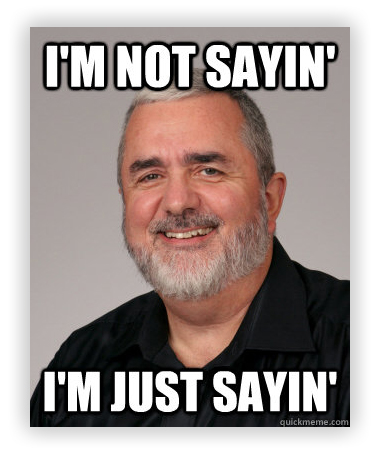We post news and comment on federal criminal justice issues, focused primarily on trial and post-conviction matters, legislative initiatives, and sentencing issues.

6TH SAYS CLASHING § 2255 AFFIDAVITS REQUIRE A HEARING
When a prisoner files a 28 USC § 2255 post-conviction motion claiming his conviction or sentence was marred by poor lawyering, district courts often manage to find all manner of ways to believe the government’s version over the inmate’s. Last week, the 6th Circuit offered a rare reminder that this isn’t how it is supposed to work.
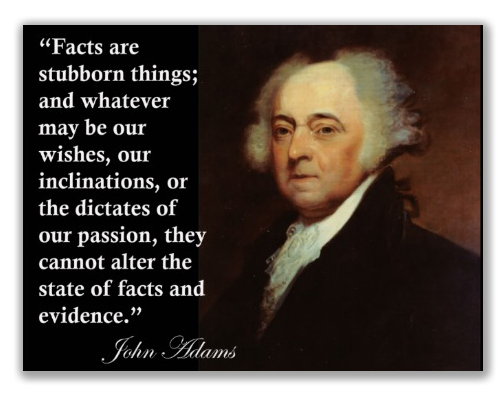 The Assistant U.S. Attorney prosecuting Amaury Villa’s case emailed Amaury’s counsel in January 2016 with an offer to enter into a cooperation agreement. Amaury’s lawyer says he told Amaury about the offer the day it was made. Amaury says that he learned about that offer only years later – after his conviction was final – when he obtained the relevant portion of his lawyer’s case file.
The Assistant U.S. Attorney prosecuting Amaury Villa’s case emailed Amaury’s counsel in January 2016 with an offer to enter into a cooperation agreement. Amaury’s lawyer says he told Amaury about the offer the day it was made. Amaury says that he learned about that offer only years later – after his conviction was final – when he obtained the relevant portion of his lawyer’s case file.
As soon as he got the file, Amaury amended his pending 28 USC § 2255 habeas corpus motion with his own affidavit, claiming his lawyer was ineffective for not disclosing the offer at the time. Not to be outdone, the government filed an affidavit from Amaury’s former lawyer, claiming he had told his client right away about the proposed deal.
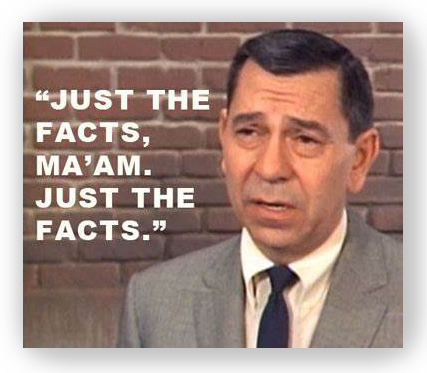 The district court summarily adopted the government’s view of the facts and denied Amaury’s motion to amend as untimely. Last week, the 6th Circuit reversed and ordered an evidentiary hearing.
The district court summarily adopted the government’s view of the facts and denied Amaury’s motion to amend as untimely. Last week, the 6th Circuit reversed and ordered an evidentiary hearing.
“When a defendant presents an affidavit concerning a factual narrative of the events that is neither contradicted by the record nor inherently incredible and the government offers nothing more than contrary representations to contradict it,” the Circuit said, “the defendant is entitled to an evidentiary hearing.”
In this case, the 6th observed, the record contained conflicting affidavits regarding whether Amaury knew of the government’s offer. Thus, the record before the district court did not “conclusively show” that Amaury was not entitled to relief.
The government met with Amaury in 2016, a meeting his lawyer did not attend because the attorney’s father had passed away the night before. “Although an interpreter was not present at the meeting and (according to Villa) his English was ‘not very good,’” the Circuit said, the AUSA told Amaury that the government wanted him to testify against another defendant (for which Amaury presumably would have gotten credit in the form of a better sentence). The AUSA did not mention a cooperation agreement as such, and the meeting was a short one. Amaury later pled guilty without a plea agreement.
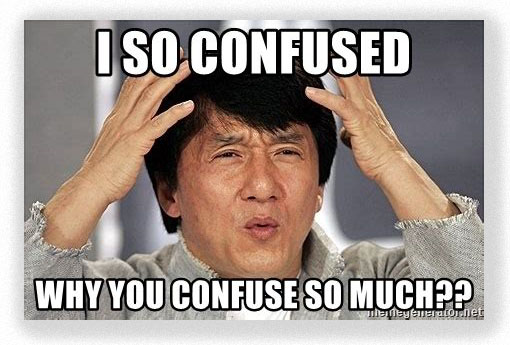 On appeal, the government argued that based on the AUSA’s comments in the short meeting, Amaury should have been aware there was a cooperation agreement on the table. The Circuit rejected that argument: “During that meeting… the AUSA mentioned neither the cooperation agreement nor anything else about what Villa might receive in return for his testimony. Thus, to discover the AUSA’s earlier offer to Villa’s attorney, Villa himself, in effect, would have needed to commence bargaining with the AUSA — by asking what he might have received in exchange for his testimony… That is too much to ask of an uncounseled defendant conversing in his second language with a federal prosecutor.”
On appeal, the government argued that based on the AUSA’s comments in the short meeting, Amaury should have been aware there was a cooperation agreement on the table. The Circuit rejected that argument: “During that meeting… the AUSA mentioned neither the cooperation agreement nor anything else about what Villa might receive in return for his testimony. Thus, to discover the AUSA’s earlier offer to Villa’s attorney, Villa himself, in effect, would have needed to commence bargaining with the AUSA — by asking what he might have received in exchange for his testimony… That is too much to ask of an uncounseled defendant conversing in his second language with a federal prosecutor.”
Villa v. United States, Case No. 22-5437, 2023 U.S.App. LEXIS 12 (6th Cir., January 3, 2023)
– Thomas L. Root


